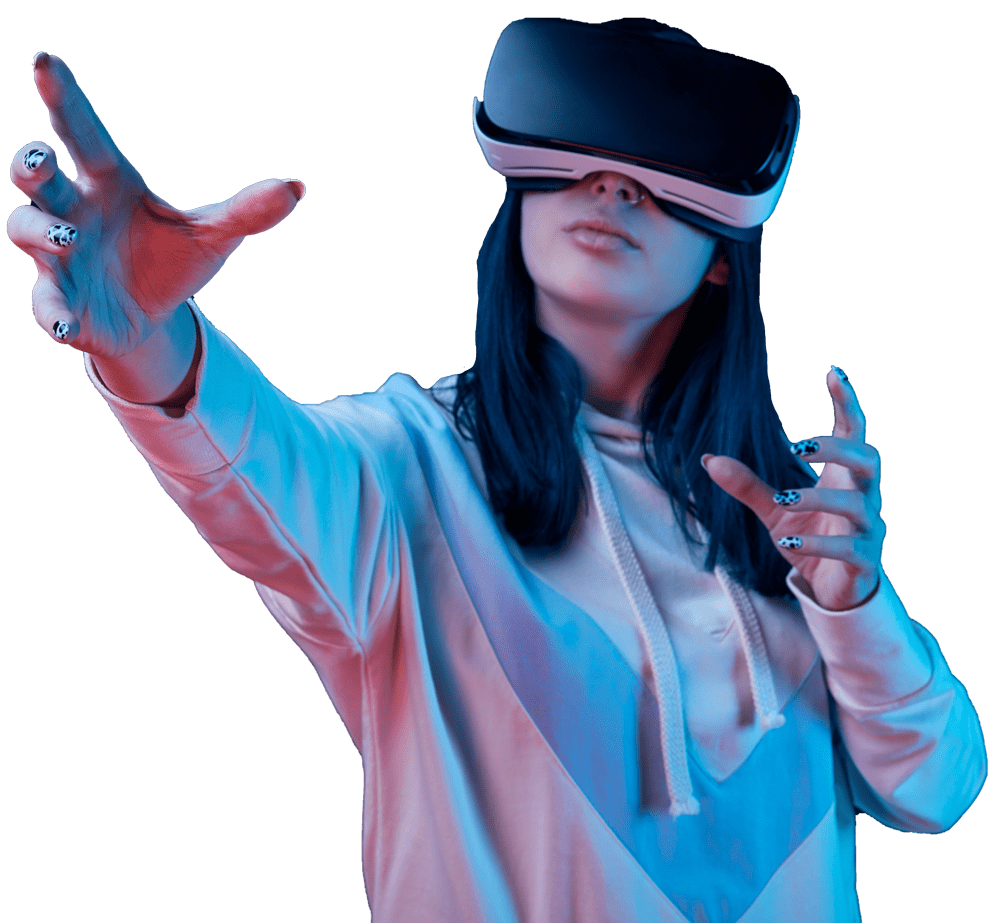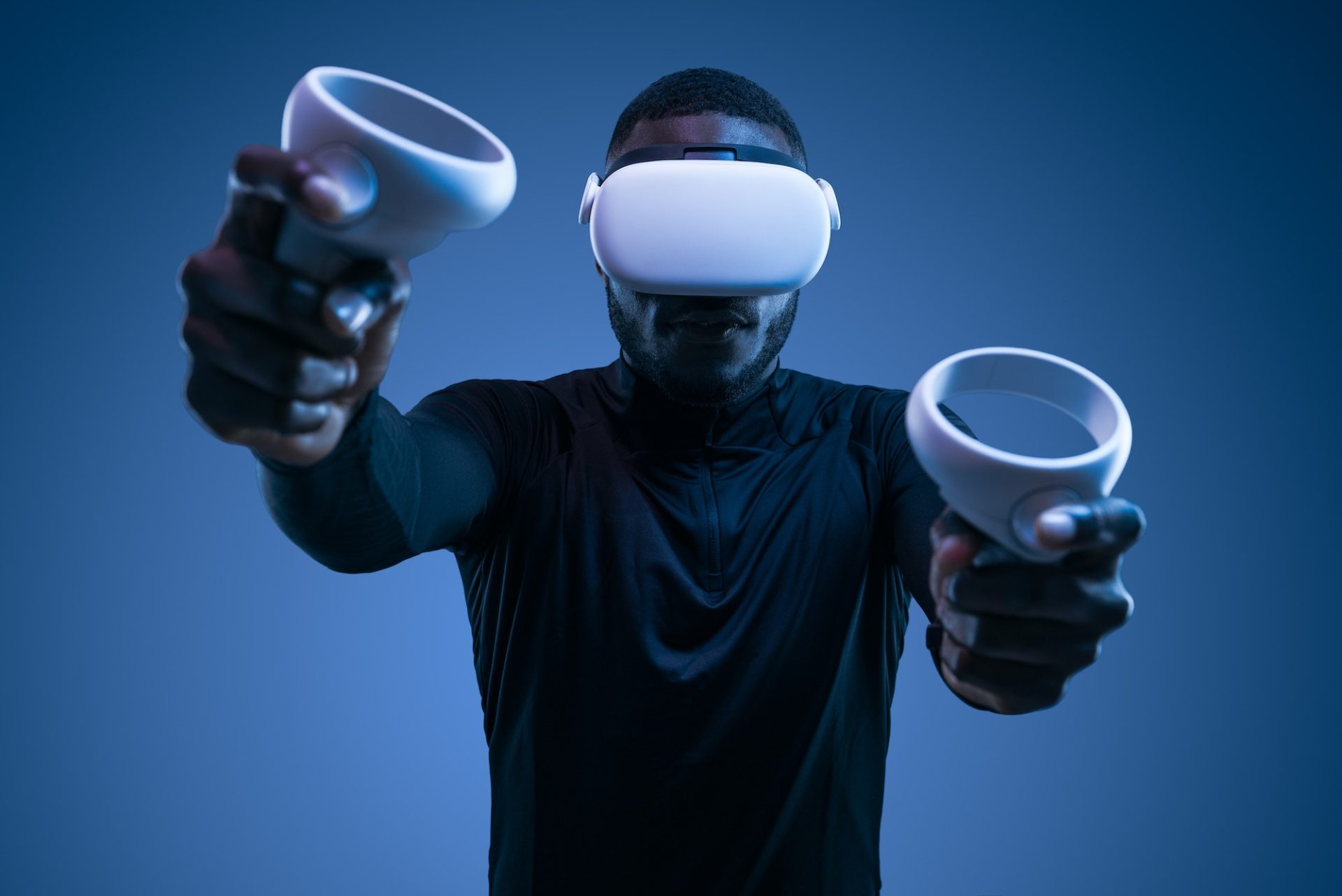Virtual Reality (VR) has come a long way from its early stages. What was once considered a futuristic dream is now a part of everyday life, transforming industries and changing how we interact with the world. VR is no longer limited to gaming; it’s revolutionizing healthcare, education, entertainment, and even the way we work.
In this blog post, we’ll explore the future of VR and how it’s set to revolutionize our world across various fields.
1. Virtual Reality in Education
Imagine students exploring ancient civilizations, walking through a human cell, or visiting space—all without leaving their classrooms. VR in education is making this possible by creating immersive, engaging learning experiences. Through virtual field trips, interactive simulations, and 3D models, VR enhances understanding and retention.
For example, medical students are already using VR to practice surgeries in a controlled, risk-free environment, while history classes can virtually take students to historical events. The potential for VR in education is vast, and it’s only just beginning.
2. Virtual Reality in Healthcare
Healthcare has also embraced VR in revolutionary ways. VR is being used for therapy, helping patients with PTSD, anxiety, and phobias by creating safe, controlled environments where they can confront and overcome their fears. Additionally, VR training simulations allow medical professionals to practice complex surgeries and improve their skills without the risks involved in real-life procedures.
In the future, VR could allow patients to attend virtual doctor’s appointments, access 3D models of their conditions, and even recover in immersive, therapeutic virtual environments.
3. VR in Entertainment and Gaming
Gaming has been the poster child of VR for years, but the technology is expanding into all areas of entertainment. From immersive VR concerts where fans feel like they’re on stage with their favorite artists, to interactive VR movies where viewers can control the storyline, VR is changing how we experience entertainment.
As the hardware improves, games will become even more realistic, with full-body tracking, haptic feedback, and improved graphics making virtual worlds indistinguishable from reality.
4. Virtual Reality in Remote Work
The rise of remote work has led companies to adopt VR for virtual offices and team collaboration. VR creates immersive meeting environments where colleagues from around the world can gather in one virtual space, complete with interactive whiteboards and 3D visual aids.
With VR, the future of work could involve logging into a virtual workspace each day, collaborating in virtual environments, and hosting team-building activities—no matter where you are in the world.
5. The Road Ahead for VR
While VR is already transforming industries, the future holds even more possibilities. As technology advances, we can expect smaller, more comfortable headsets, improved graphics, and even more applications of VR in daily life. Whether it’s for entertainment, education, or professional collaboration, VR is poised to become a key part of how we interact with the world.
VR is revolutionizing our world, and its impact will only grow. The future of VR is one of endless possibilities, and we’re just getting started.


